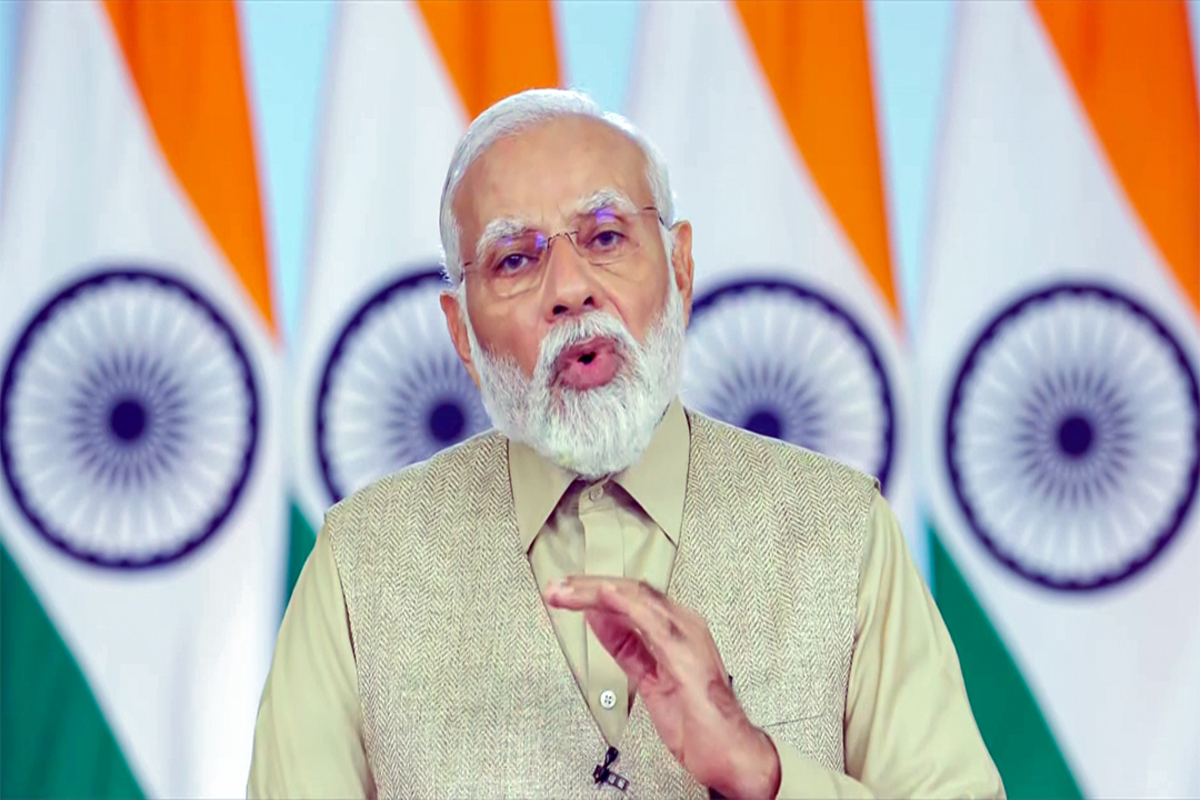Prime Minister Narendra Modi on Wednesday emphasized the pressing need to invest in resilient infrastructure for a better tomorrow.
He stressed that resilience must be factored into new infrastructure creation while also being a part of post-disaster rebuilding. The PM pointed out that the focus should shift towards resilience in infrastructure once relief and rehabilitation are carried out after a disaster strikes.
Advertisement
He was addressing the 6th edition of the International Conference on Disaster Resilient Infrastructure via video message.
Mr Modi extended a warm welcome to all the dignitaries and said their participation would strengthen the global discourse and decisions on the important issue of Disaster Resilient Infrastructure.
Reflecting on the impressive growth of the Coalition for Disaster Resilient Infrastructure since its inception in 2019, he underlined that it is now a global coalition of 39 countries and 7 organizations. “This is a good sign for the future”, he added.
Noting the growing frequency and severity of natural disasters where the damage caused is usually evaluated in dollars, he highlighted that its true impact on people, families and communities is beyond numbers.
He also drew attention to the impact of natural disasters on humans and mentioned earthquakes destroying houses making thousands of people homeless and natural disasters disrupting water and sewage systems putting people’s health at risk. The PM also touched upon natural disasters that can impact energy plants leading to potentially dangerous situations.
Underlining that nature and disasters have no borders, the PM said that disasters and disruptions cause widespread impact in a highly interconnected world. “The world can be resilient collectively, only when each country is resilient individually,” he said. He also stressed the importance of shared resilience due to shared risks and said that CDRI and this conference will help the world come together for this collective mission.
“To achieve shared resilience, we must support the most vulnerable,” the PM remarked. Referring to the Small Island Developing States at high risk of disasters, he mentioned a CDRI programme for funding projects across 13 such places. He gave examples of resilient housing in Dominica, resilient transport networks in Papua New Guinea, and enhanced early warning systems in the Dominican Republic and Fiji. He expressed satisfaction that CDRI also has a focus on the Global South.
The PM recalled the formation of a new Disaster Risk Reduction Working Group with financing at the heart of its discussions during India’s G20 Presidency and said that such steps will take the world to a resilient future along with the growth of CDRI.











